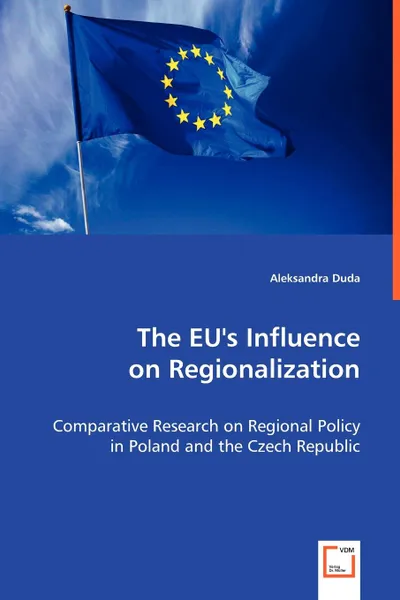The EU.s Influence on Regionalization 12+
📘 The European structural funds, distributed on a sub-national level, are the key factors that upgraded the local authorities' position. The growing importance of regional structures posed a great challenge for underdeveloped sub-national governments in Central and Eastern European (CEECs) new member states. While the EU directions have encouraged the CEECs' harmonization with the European standards, without unified schema coming from Brussels, the implementation of EU`s regional policy procedures has been exposed into national preferences and solutions. On the basis of the comparative study of Poland and Czech Republic, it is demonstrated that the lack of uniform "European" model brought about various scenarios and different degrees of adaptation to EU prescriptions within new member states. The study should be useful to anyone who is interested in EU's impact on regional policies of the new member states and how it transformed their territorial division in order to enhance the capacity for coping with the acquis requirements.
Мнения
